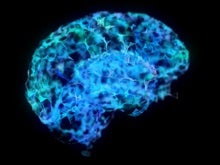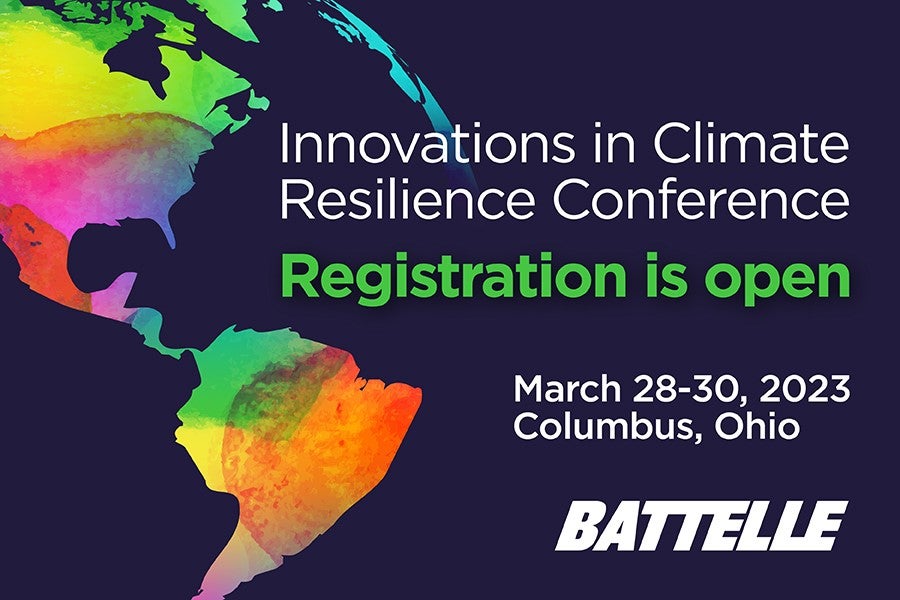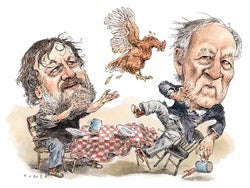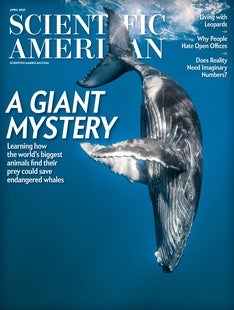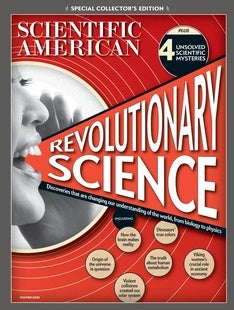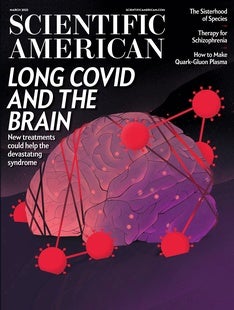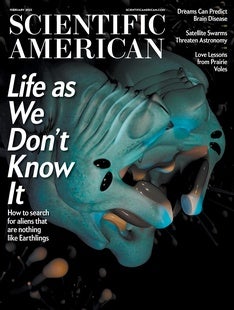 |
| March 21, 2023 |
Last week, tech research company OpenAI released their most advanced language model yet: GPT-4. The updated AI sounds more natural, solves problems more accurately and even has new tricks like analyzing images. But it still suffers from some of the same issues that plagued its predecessors, such as bias and "hallucinations," when it confidently makes up falsehoods. "I believe GPT-4 doesn’t even know that it’s GPT-4," says Jonathan May, a research associate professor at the University of Southern California. "I asked it, and it said, 'No, no, there’s no such thing as GPT-4. I’m GPT-3.'" This week's lead story reviews what we know about GPT-4 now—but we'll learn more as researchers and developers continue to play around with the new model. |
| |
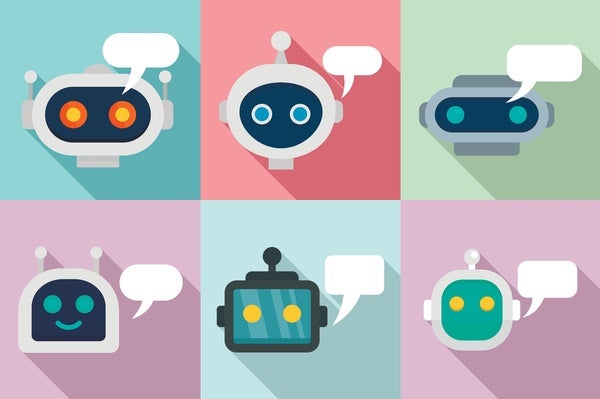 |
| Artificial Intelligence What the New GPT-4 AI Can Do OpenAI just released an updated version of its text-generating artificial intelligence program. Here’s how GPT-4 improves on its predecessor By Sophie Bushwick | |
| |
| |
| |
| |
| |
| |
| |
| |
| |
| QUOTE OF THE DAY
 "While Congress has been up in arms about TikTok, it has failed to pass even the most basic comprehensive privacy legislation to protect our data from being misused by all the tech companies that collect and mine it." Julia Angwin, The New York Times | |
FROM THE ARCHIVE
 | | | |
LATEST ISSUES
 |
| |
| Questions? Comments?  | |
| Download the Scientific American App |
| |
| |


.jpg)


